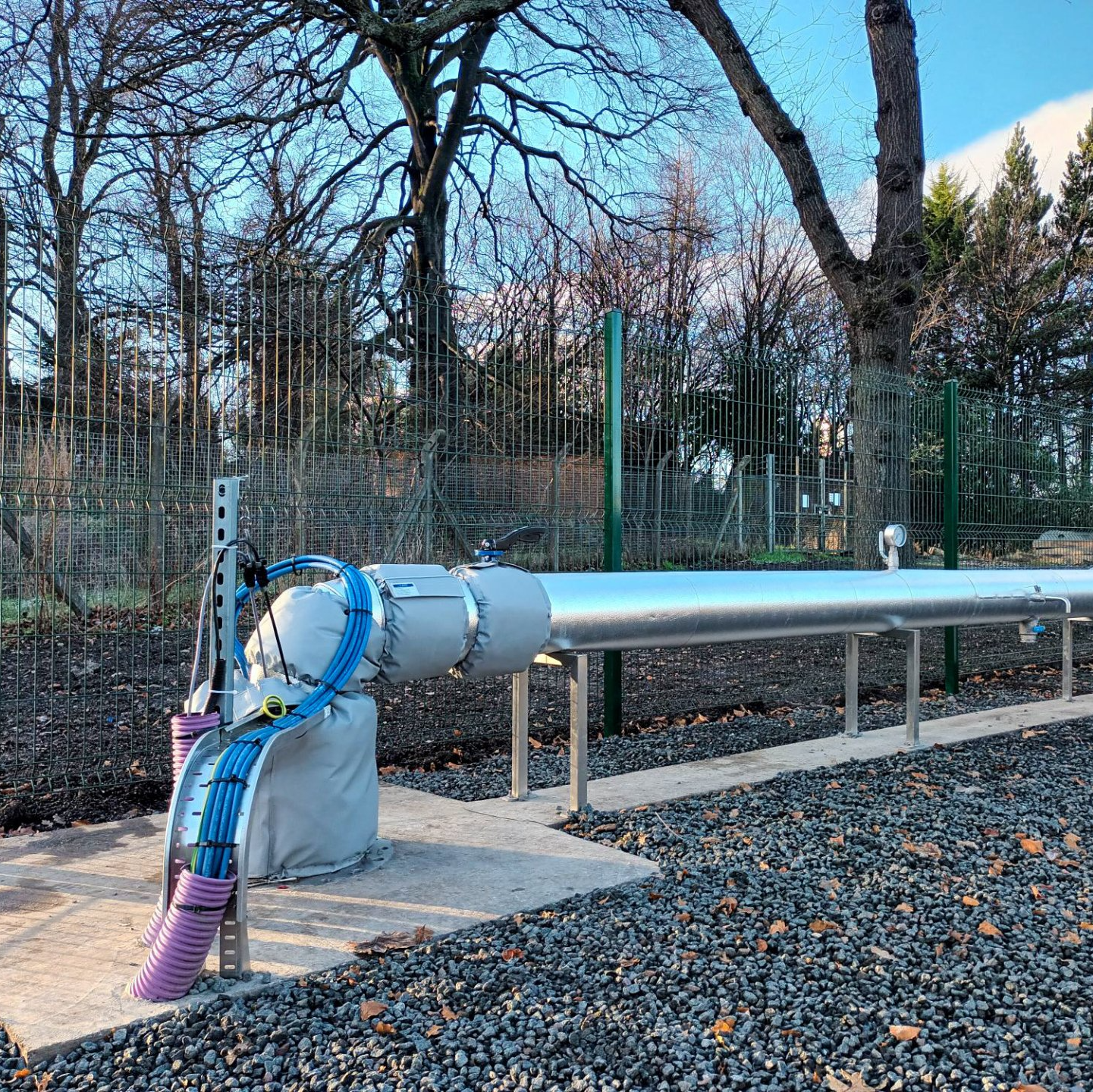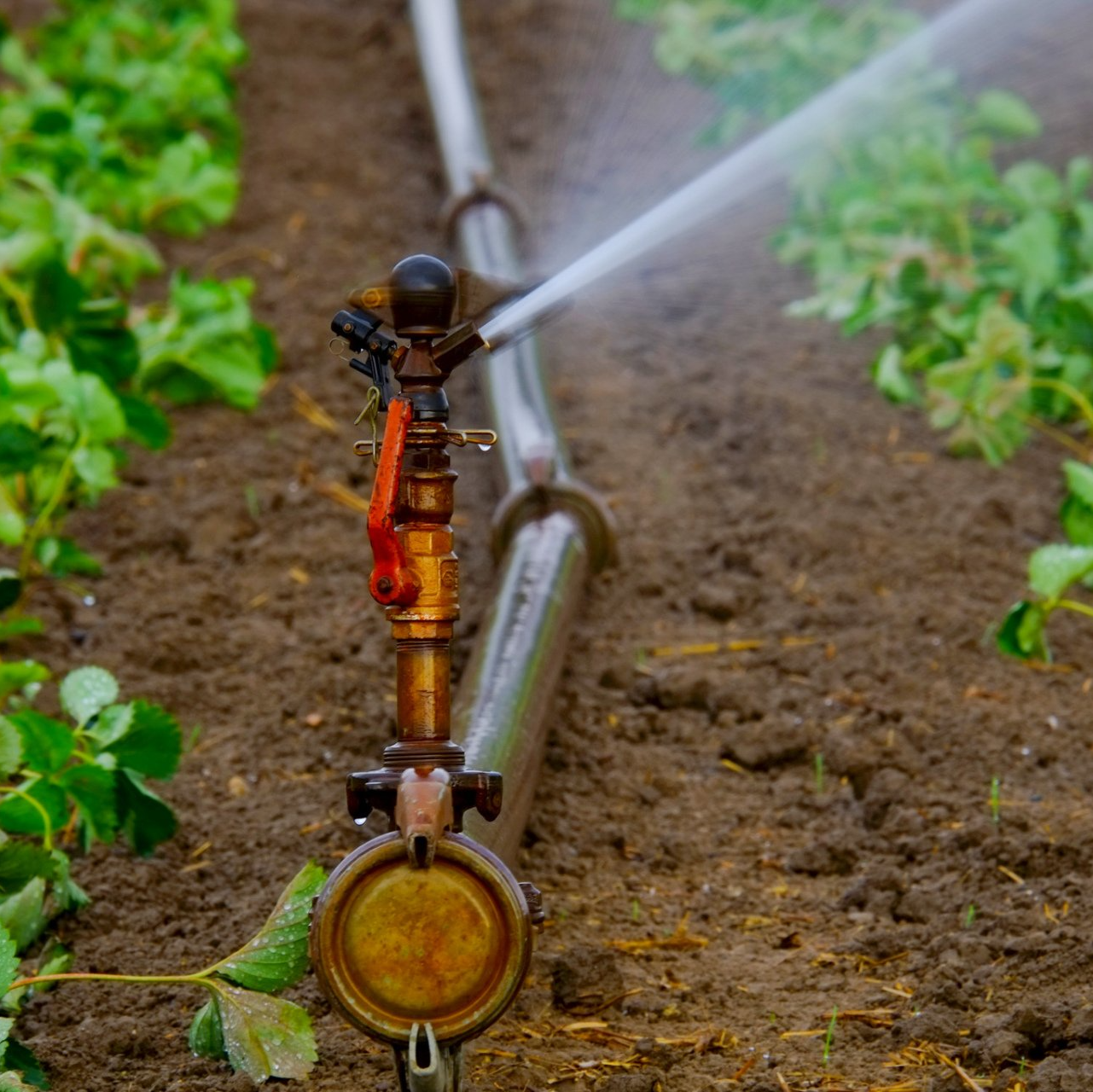Let's Get Prepared: The New Abstraction Charges Scheme
The current abstraction year comes to an end on 31st March. Whilst that’s nothing new, from 1st April the current charging structure for licence applications and annual subsistence charges will change in England. Anyone making an application for a new licence or to vary an existing one should expect to pay much higher application charges. Subsistence charges for water abstraction and impoundments will also change, although most abstractors shouldn’t see a big change in annual fees.
What to Expect
The big changes relate to the cost of new applications. ‘Same terms’ (i.e., no changes) renewals of existing licences will remain at the current fee of £135. However, for any variations to your licence, and applications for new licences, application charges will be substantially higher.
Why is this change happening?
The implementation of the new charging scheme allows the Environment Agency to recover the costs they incur in assessing and determining licence applications. Whilst we agree the current fee of £135 is insufficient for all but the most straightforward of applications, many applicants will now incur considerably higher costs.
Key Changes
The key changes are:
Application Charges
- Depending on your application type, the volume of your abstraction, and the availability of water in your catchment, application costs could be as high as £32,955. This will have far-reaching financial implications for many business developments.
- The Environment Agency may also require additional assessments to support applications in sensitive areas. When additional work is required, such as Habitats Assessments, applications of high public interest or competing schemes, the Environment Agency will also seek to recover their full cost of assessing the application through levying charges in addition to the application fee.
Annual Charges
- A new set of charging bands based on volume and site-specific water availability is replacing the regional standard unit charge.
- The impact to most typical abstractors will be fairly modest and the changes will likely benefit abstractors in the South-East and East Anglia.
- Holders of winter only abstraction licences will see their annual costs increase.
Do you require professional support?
If you require support to understand how the changes could impact you and your business,
contact us to discuss the details.


About Envireau Water
At Envireau Water, we are a team of expert water scientists and engineers, who provide guidance on the management and regulation of natural water systems across the UK. By working collaboratively with our clients and the regulators, we deliver robust sustainable solutions that meet the requirements of all stakeholders. With an incredibly loyal client base and our ability to work seamlessly throughout the four nations of the UK, many of our clients know us individually and trust us to find resolutions to their water problems for years to come.
Connect with us on LinkedIn to hear the latest industry developments and updates regarding our team.
Envireau Water is an
RSK Group Company.







